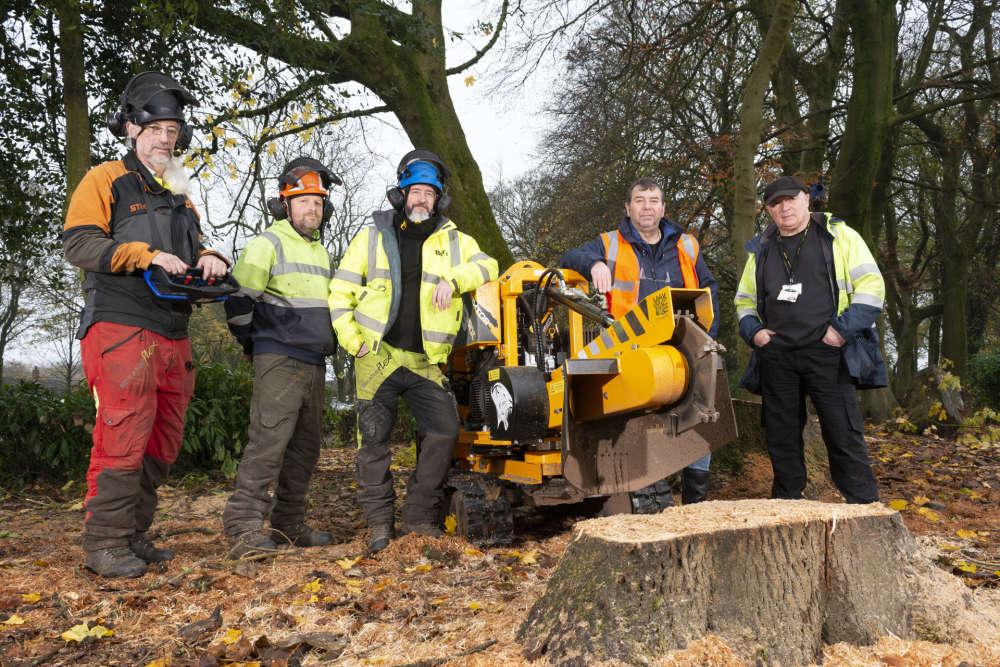
Bury Council is to invest an extra £125,000 in tree management to help reduce a backlog of lower priority pruning and felling work on council-owned land.
An extra £50,000 will also be put into dealing with issues caused by Ash Die Back.
This additional funding follows on from a recent £27.5k investment in new equipment to improve the efficiency of tree stump removal when trees must be felled.
Benefits will be seen borough-wide over the next 12 months as the council’s grounds maintenance service tackles a backlog of more than 300 tree work jobs alongside their planned tree maintenance programme and urgent priority work.
The team will also deal with around 100 confirmed cases of ash trees that have been found to have Ash Die Back on council-owned land.
Councillor Alan Quinn, cabinet member for the environment, climate change and operations, said: “Maintaining our trees and planting new ones is a priority to support the environment. We are responsible for over 200,000 trees across the borough, and we receive many more requests for tree work than we have the funding to deal with. This extra investment will mean our grounds team will be able to tackle some of the lower priority work that has built up in recent years.
“While trees can cause problems as they age, they provide many benefits such as cleaning our air, sequestrating rainfall, reducing noise, providing shade and shelter and creating wildlife habitats. For example, oak trees are home to over 2,300 different species.
“We are working in partnership with Manchester, City of Trees to plant more trees and to date we have planted over 35,000 trees including many “standard” trees.”
Ash Die Back initially started in Asia and has spread to this country and the Bury borough could lose over 80% of its ash tree stock over the next ten years. Once an ash tree has the disease, in most cases it must be felled, although some can recover. Trees are assessed twice over a six-month period, usually when in leaf and out of leaf, to see if the disease has progressed or the tree is making a recovery.
Bury Council surveys around 1,100 trees per year on bus routes and busy A-listed roads and maintains in the region of 200,000 more trees in parks and for Six Town Housing. For roadside trees there is a street tree pruning programme which operates on a five-year cycle. View the pruning programme by area at www.bury.gov.uk/streettrees
Issues with trees on the highway or council-owned land can be reported to the council online at www.bury.gov.uk/reportit-trees. Residents are advised that all tree work has to be prioritised with precedence given to trees that are dead, dying or dangerous to people or property.


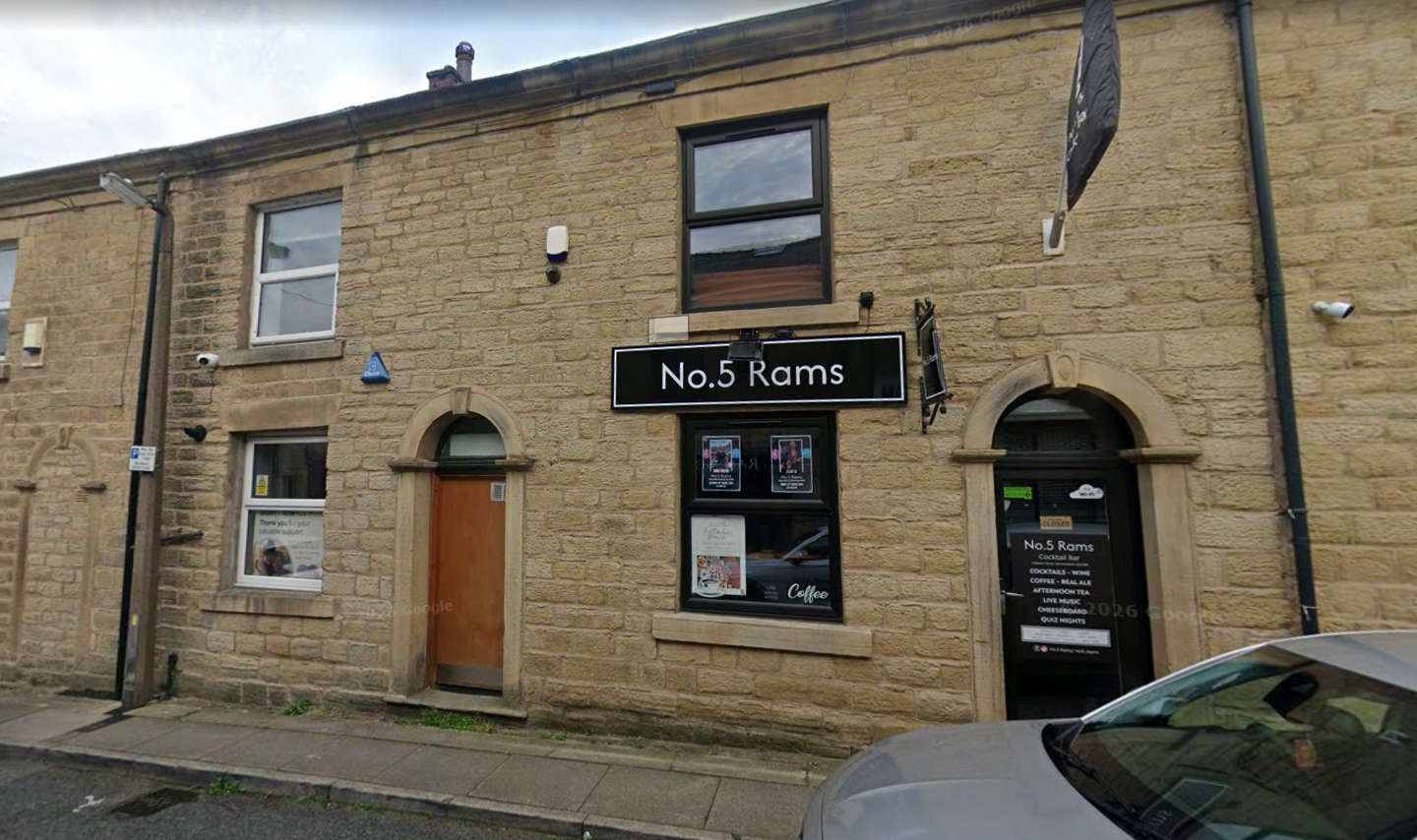 Bartender has alcohol license revoked due to drink driving
Bartender has alcohol license revoked due to drink driving
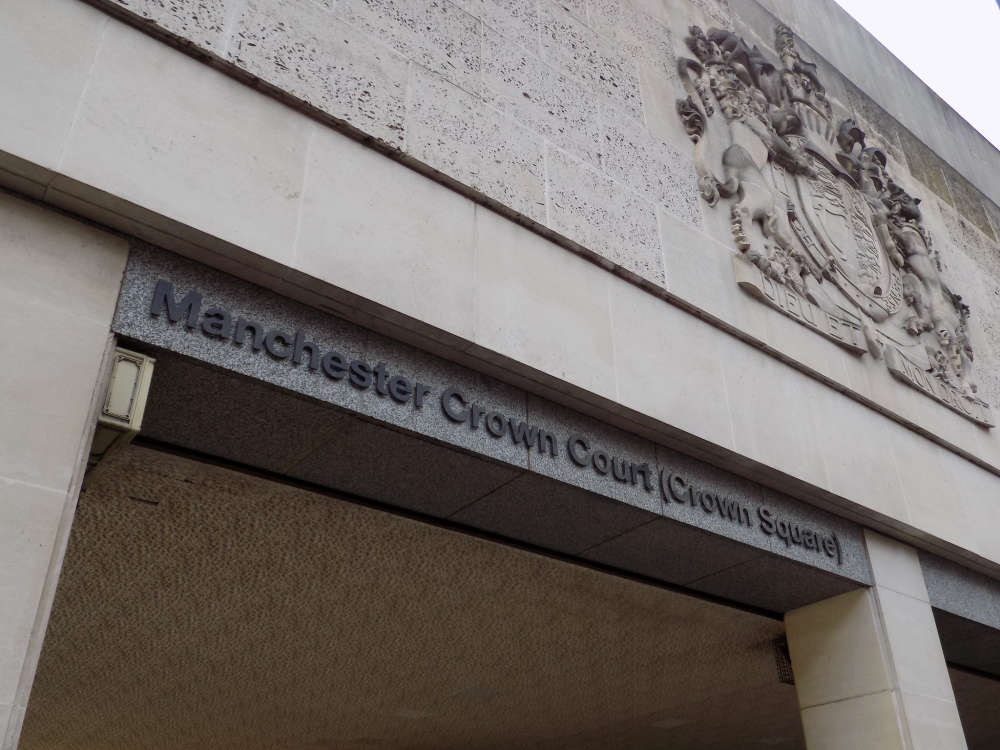 Radcliffe child sex offender jailed for life after abusing five children
Radcliffe child sex offender jailed for life after abusing five children
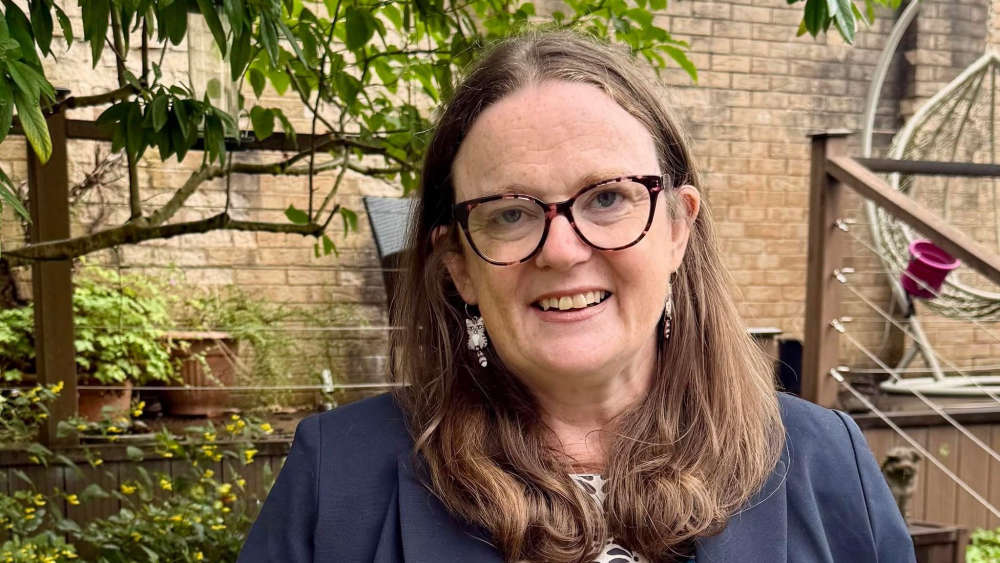 Conservatives select Emma Lee as candidate for Tottington by election
Conservatives select Emma Lee as candidate for Tottington by election
 Bowlee car boot sale returns for the 2026 season
Bowlee car boot sale returns for the 2026 season
 Inside the major refurbishment transforming Tenpin Rochdale
Inside the major refurbishment transforming Tenpin Rochdale
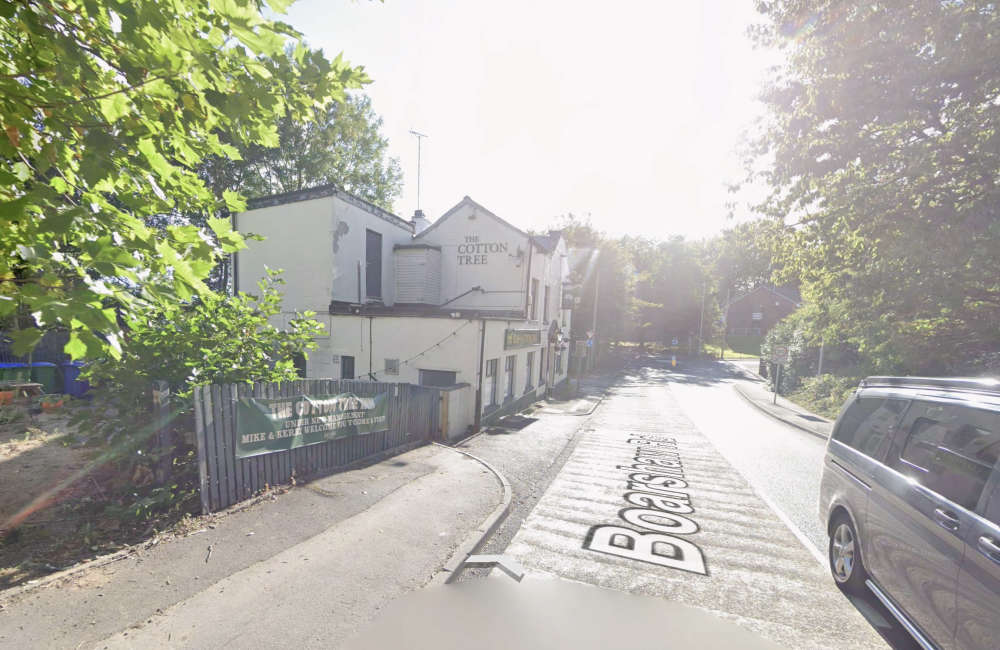 Former Middleton pub could reopen as convenience store after closure
Former Middleton pub could reopen as convenience store after closure
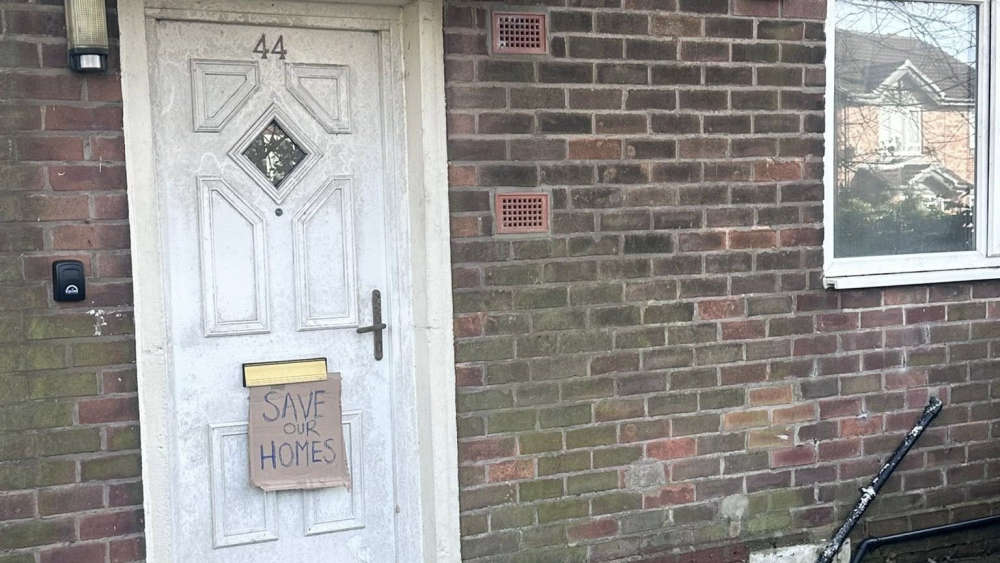 Councillors raise concern over Riverside Housing sale of social homes in Middleton
Councillors raise concern over Riverside Housing sale of social homes in Middleton
 Heywood community raises £1799.65 as Donna Dolan shaves hair for Macmillan
Heywood community raises £1799.65 as Donna Dolan shaves hair for Macmillan
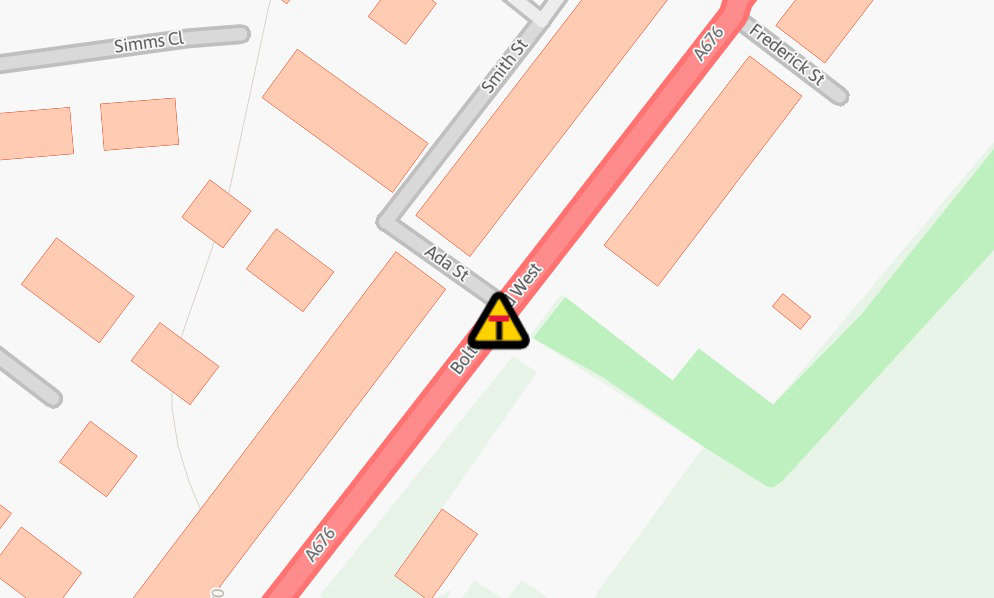 Road closure in Ramsbottom
Road closure in Ramsbottom
 Rochdale families urged to shape national consultation on keeping children safe online
Rochdale families urged to shape national consultation on keeping children safe online
 Civil war erupts as Labour activists in Gorton and Denton say party is ‘not willing to change’
Civil war erupts as Labour activists in Gorton and Denton say party is ‘not willing to change’
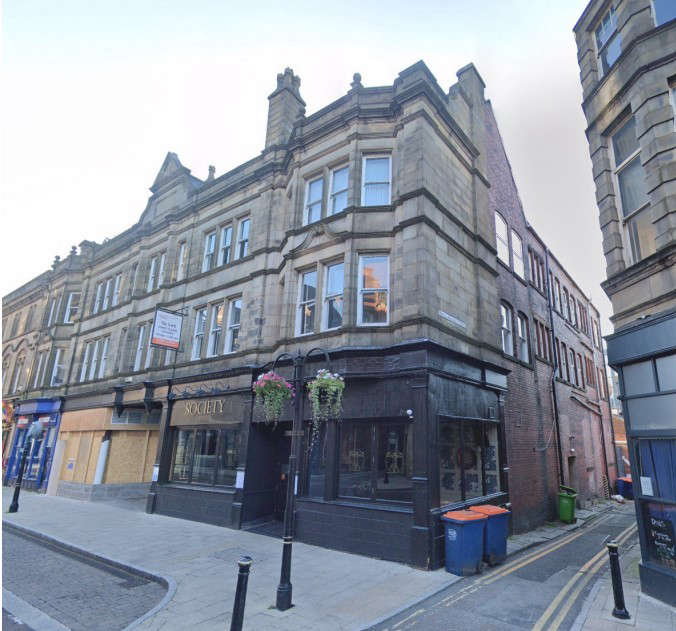 Silver Street offices approved as temporary housing
Silver Street offices approved as temporary housing




Comments
Add a comment